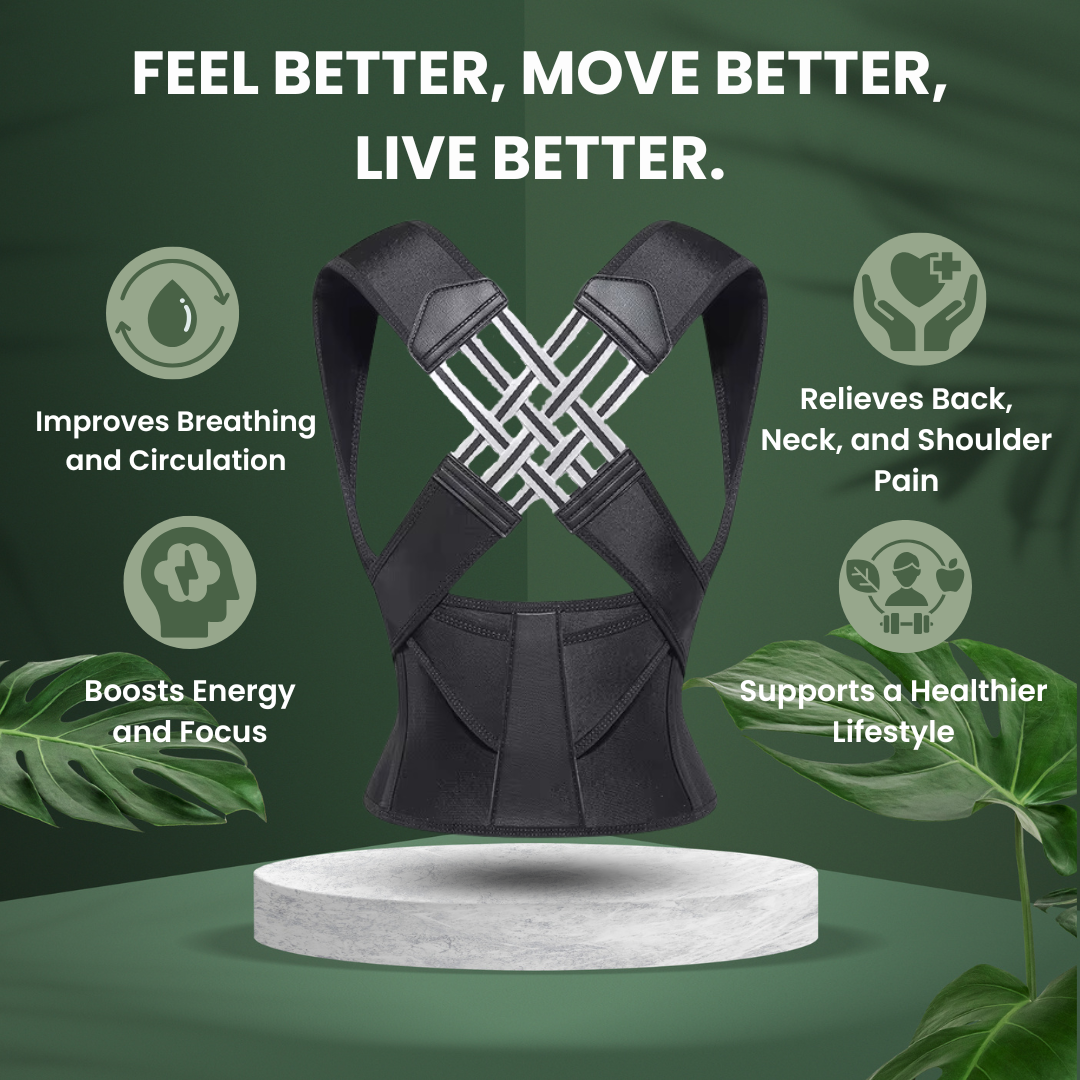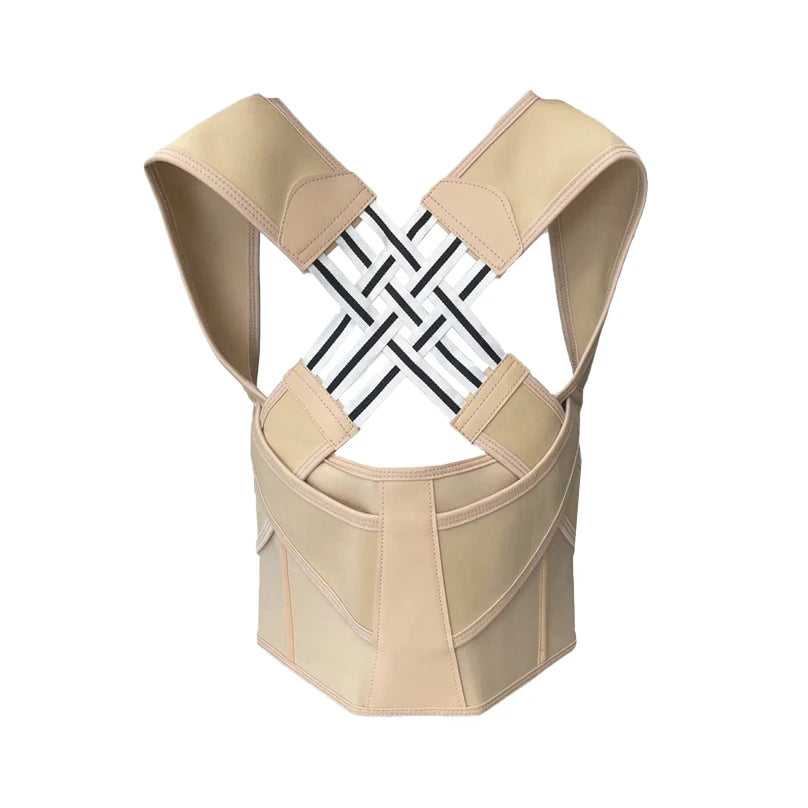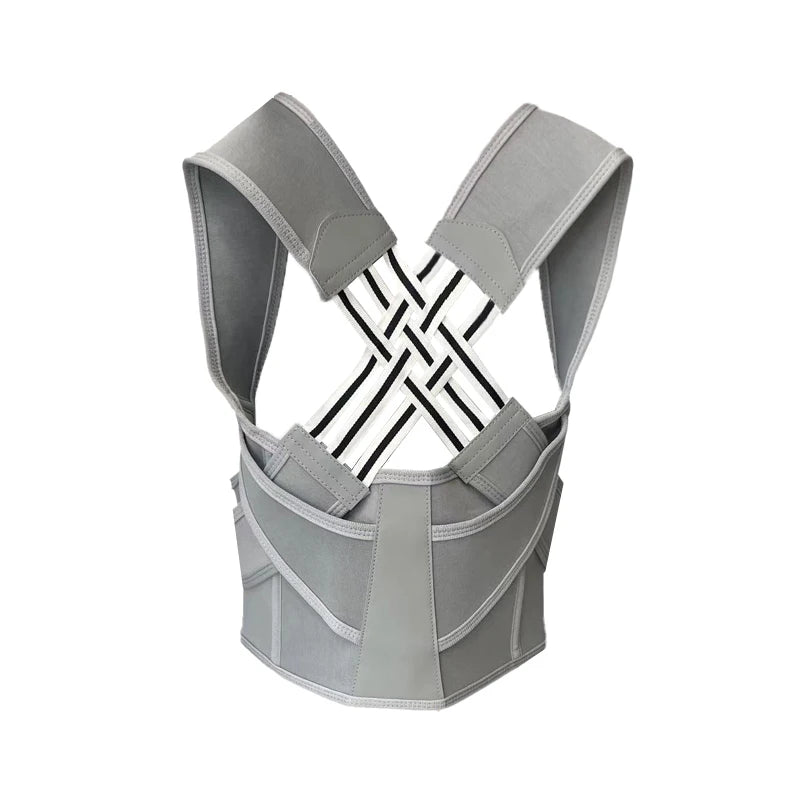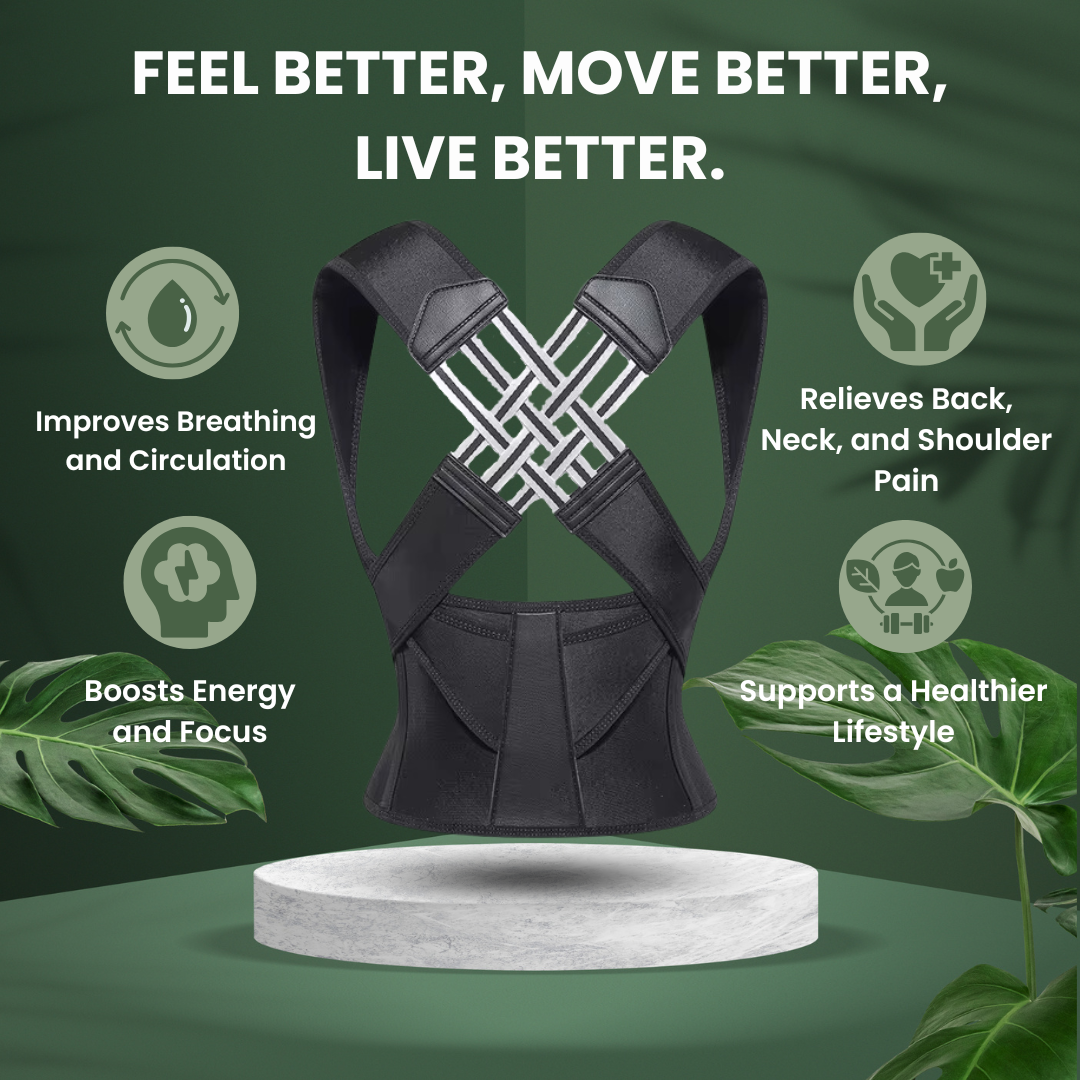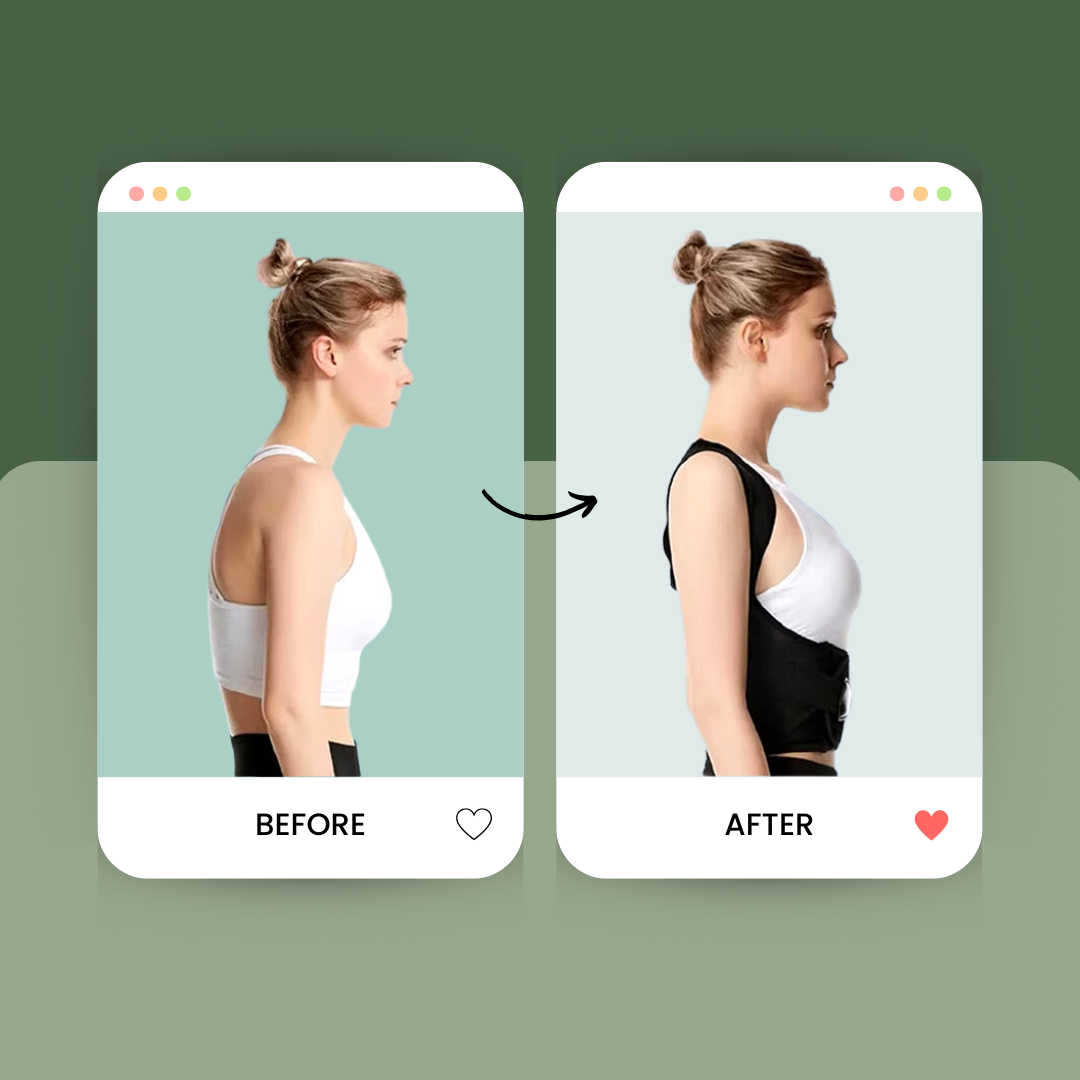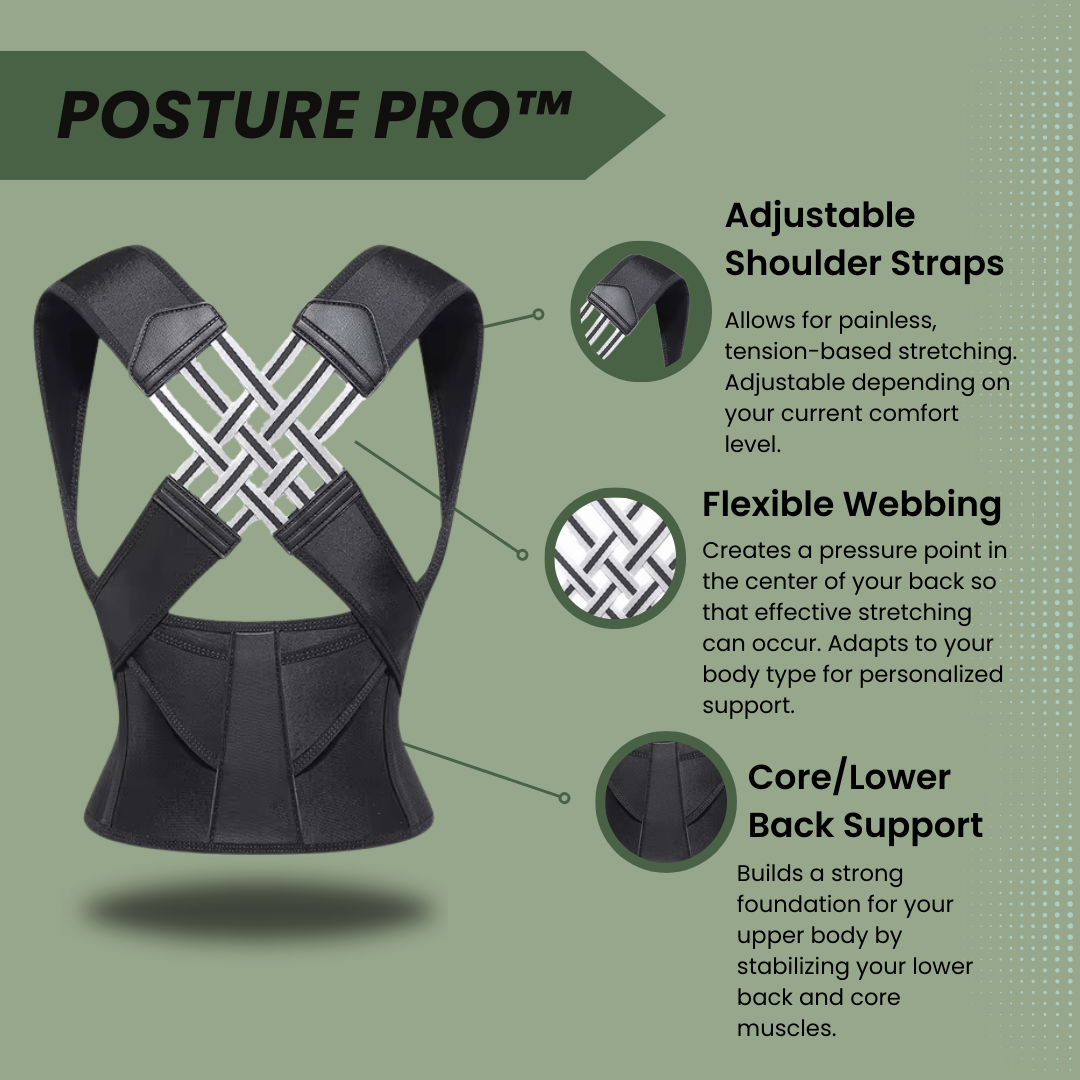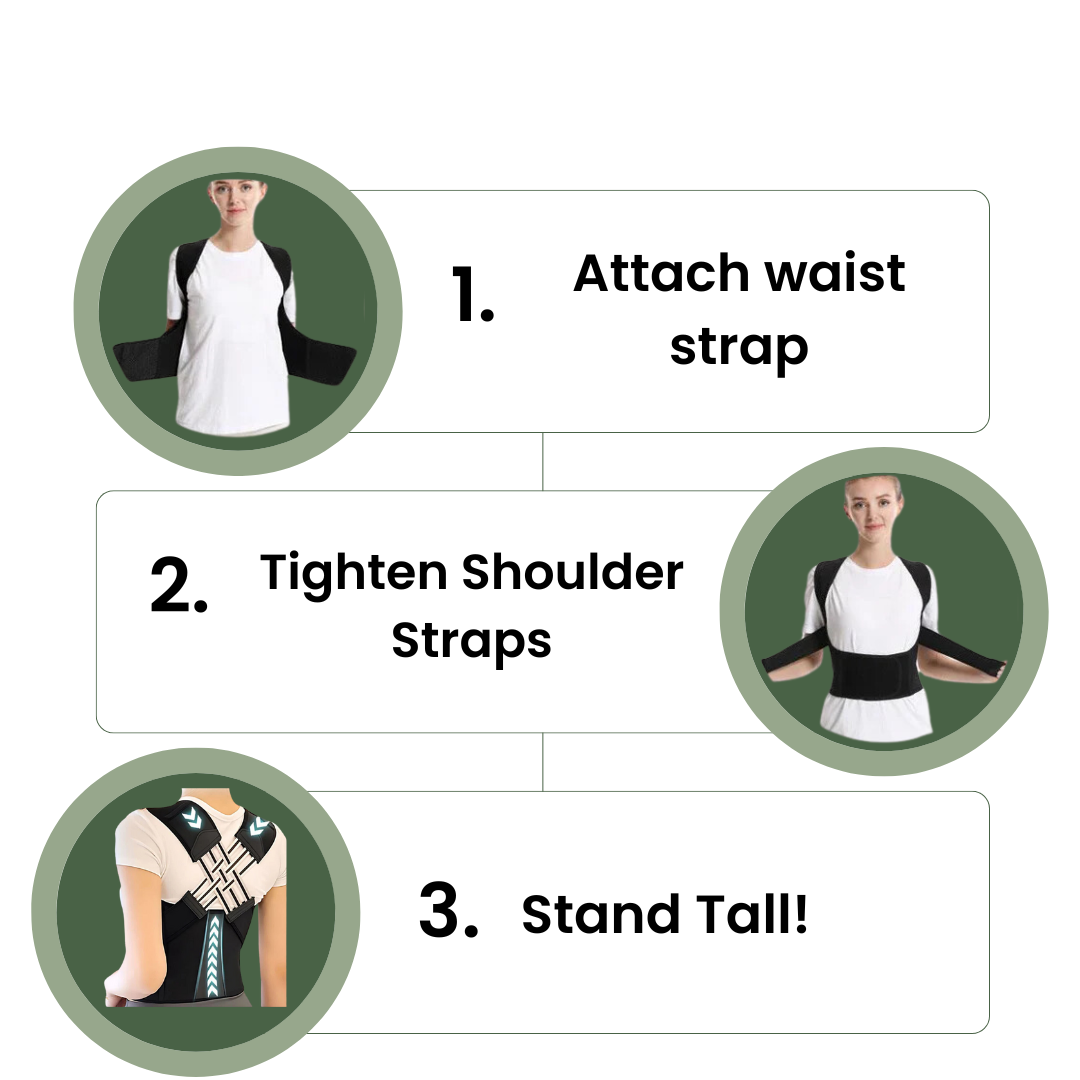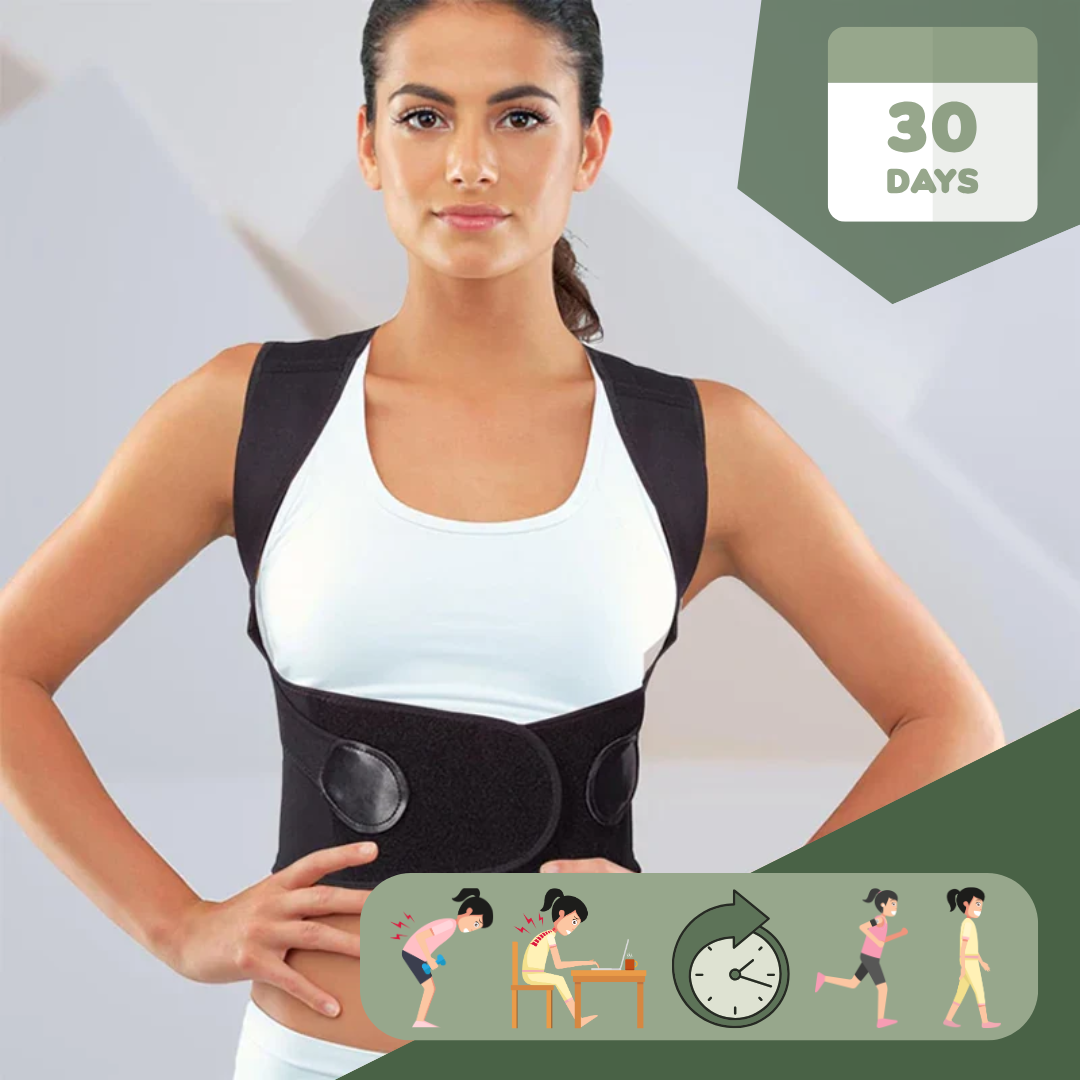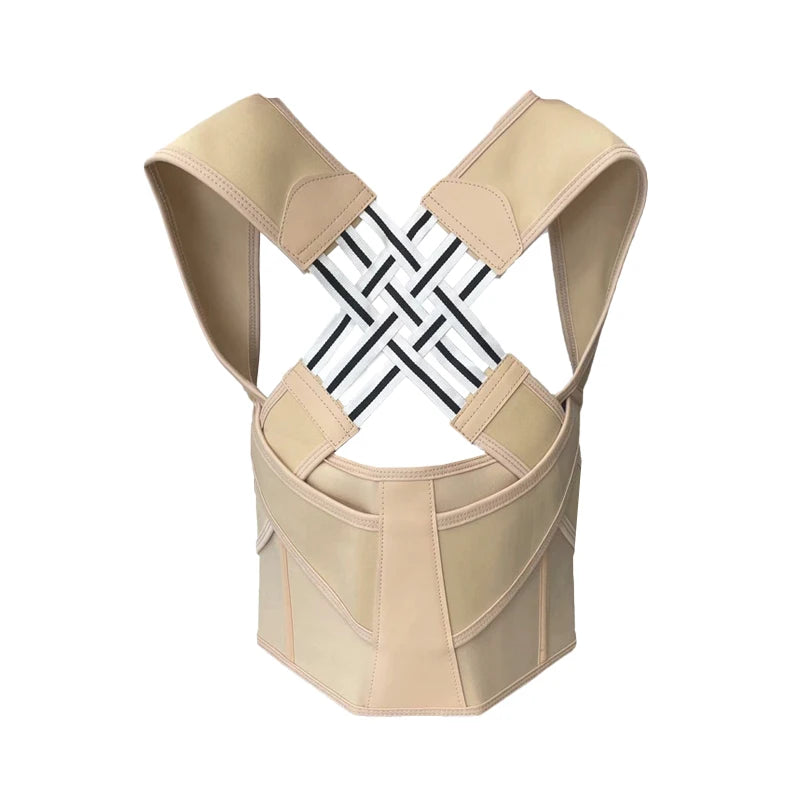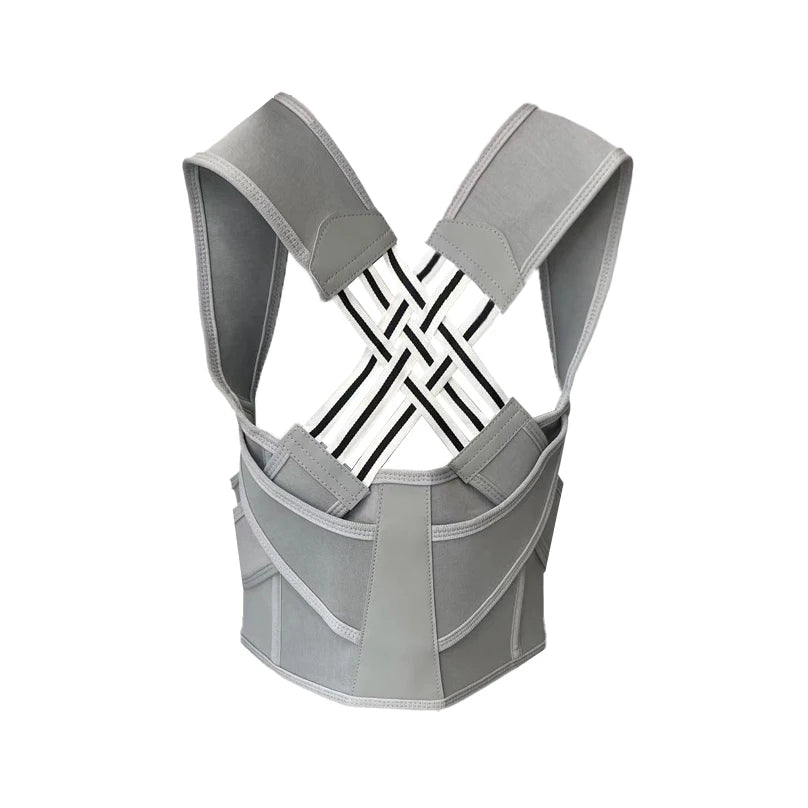Dealing with sore muscles after a workout is common. Athletes often use massage to feel better. This blog offers top recovery tips for workout soreness. Read on for relief.
Key Takeaways
- Muscle recovery is key to workout success. Sleep, nutrition, and hydration speed up healing after exercise.
- Stretching, massage, and avoiding harmful habits like smoking help manage soreness better.
- Supplements such as protein powder and creatine improve muscle repair post-workout.
- Listen to your body's needs after a workout; rest if you feel fatigued or sore.
- Seek advice from a professional if pain lasts more than a few days for proper care and recovery strategies.
Understanding Muscle Soreness
Muscle soreness often stems from intense workouts. This discomfort can last a few days as your body heals and strengthens.
Causes of muscle soreness
Exercise often causes muscle soreness. Delayed onset muscle soreness (DOMS) typically appears 24 to 48 hours after intense workouts. This pain results from tiny tears in muscle fibers during exercise.
Activities like weightlifting, sprinting, or any new workout can heighten the risk of soreness.
Inadequate recovery time also leads to discomfort. Athletes find that inadequate sleep can slow down healing. Compression gear improves blood circulation and aids recovery after workouts.
Cool down exercises and proper hydration are crucial for managing postexercise muscle pain as well. Eating anti-inflammatory foods like bananas, berries, spinach, and eggs supports effective muscle recovery too.
Duration of muscle soreness
Muscle soreness can last from a few hours to several days after exercise. This condition, known as delayed-onset muscle soreness (DOMS), often peaks around 48 hours post-workout. Athletes frequently experience this type of soreness after intense or unfamiliar workouts.
Factors like the intensity of the workout and individual fitness levels influence how long soreness lasts.
Recovery time after a workout varies for everyone. Some people recover quickly, while others may feel discomfort for up to five days. Proper nutrition plays a vital role in muscle recovery tips as well.
Consuming anti-inflammatory foods such as bananas and berries helps reduce inflammation and speed up healing. Staying hydrated also aids in alleviating post-workout muscle discomfort and ensures optimal performance during recovery strategies for muscle soreness.
Tips to Alleviate Post-Workout Muscle Soreness

After a workout, muscle soreness can feel uncomfortable. You can ease this discomfort through proper nutrition and hydration.
Proper nutrition (focus on protein and carbohydrates)
Proper nutrition plays a vital role in muscle recovery. Focus on protein and carbohydrates after your workout. Protein helps repair muscle tissue and promotes growth. Foods like eggs, berries, and bananas are great choices for replenishing nutrients.
Carbohydrates provide energy to fuel your next workout. Eating these nutrients can lessen post-workout soreness.
Hydration also supports the recovery process. Drinking water keeps muscles hydrated and aids in nutrient transport. Studies show that proper nutrition leads to faster recovery times after workouts.
Providing your muscles with the right food enhances delayed-onset muscle soreness relief and overall exercise recovery efficiency.
Staying hydrated
Hydration plays a crucial role in muscle recovery. Drinking water helps transport nutrients to your muscles and removes waste products. Staying hydrated during and after workouts aids in reducing postworkout soreness.
Cool down exercises also benefit from proper hydration. Insufficient fluid intake can lead to increased muscle pain and longer recovery times.
Incorporating anti-inflammatory foods into your diet boosts the effects of hydration. Foods like bananas, berries, spinach, and eggs provide essential nutrients for optimal muscle recovery.
Ensuring you drink enough fluids supports overall well-being while easing muscle soreness and discomfort after intense exercise sessions.
Using supplements (such as creatine and protein powder)
Using supplements like creatine and protein powder can significantly aid in muscle recovery. Protein powder provides essential nutrients that help repair muscles after workouts. Bananas, berries, spinach, and eggs also contribute to muscle recovery by delivering necessary proteins and vitamins.
Creatine enhances strength and promotes faster muscle recovery post-exercise. Studies show that athletes often utilize massage therapy alongside supplements for better results. They experience less muscle soreness and a quicker return to peak performance.
Muscle recovery supplements play a vital role in easing post-workout soreness relief and preventing further discomfort. By combining proper nutrition with these products, individuals can improve their workout recovery effectively.
Lifestyle Tips for Faster Muscle Recovery
Sleep plays a crucial role in muscle recovery. Prioritize restful nights to allow your body to heal and recharge efficiently. Stretching and massage can boost circulation, easing tension in sore muscles.
Make these practices part of your regular routine for better results. Avoid harmful habits that impede recovery, such as smoking or excessive drinking. These lifestyle choices can negatively affect how quickly your muscles recover after a workout.
Getting enough sleep
Getting enough sleep helps muscles recover from exercise. Studies show that quality rest significantly benefits muscle recovery time after a workout. Sleep promotes muscle relaxation and supports the healing process.
Athletes often prioritize sleep to reduce soreness and improve performance. Insufficient rest can extend post-workout soreness relief periods and hinder results.
Aim for at least seven to nine hours of sleep per night. This practice allows your body to repair itself efficiently. As muscles rest, they adapt and grow stronger, reducing delayed-onset muscle soreness later on.
Prioritize this essential aspect of recovery techniques for optimal results in each workout session.
Incorporating stretching and massage into your routine
Stretching and massage play key roles in muscle recovery. Massage can reduce the severity and duration of post-workout muscle soreness. Athletes often use massage to decrease discomfort and speed up recovery time after workouts.
Stretching helps improve flexibility and relaxes tight muscles, aiding in overall recovery.
Using gentle movement stretches your muscles without straining them. Compression gear worn after workouts improves blood circulation, which boosts recovery even further. Prioritizing these techniques enhances your ability to manage muscle soreness effectively while promoting faster healing.
Avoiding harmful habits (such as smoking and excessive alcohol consumption)
Excessive alcohol consumption can hinder muscle recovery. It disrupts your sleep patterns and dehydrates your body. Both factors delay healing after a workout. Smoking also poses risks for athletes.
It reduces blood circulation, which slows down recovery.
Engaging in these harmful habits can worsen delayed-onset muscle soreness. Choose healthier alternatives to support post-workout soreness relief. Focus on anti-inflammatory foods like bananas, berries, and spinach to aid in muscle relaxation techniques and speed up muscle recovery.
Prioritize hydration and proper nutrition for optimal results during your fitness journey.
Key Takeaways
Muscle recovery matters greatly for your fitness journey. Tune in to what your body tells you during workouts and rest days. Seek expert advice if soreness lingers too long. Discover more tips to support your recovery process!
Importance of muscle recovery
Muscle recovery plays a crucial role in workout success. Sleeping more can significantly help muscles recover from exercise. Proper rest allows tissue repair and restores energy levels, which is vital for performance.
Athletes often use massage to reduce muscle soreness and aid in recovery. This practice not only helps with discomfort but also speeds up the healing process.
Wearing compression gear after workouts enhances blood circulation, promoting faster healing. Cool down exercises and staying hydrated improve post-workout recovery as well. Nutrition matters too; foods like bananas, berries, spinach, and eggs support muscle repair effectively.
Focusing on these aspects leads to better outcomes in managing delayed onset muscle soreness and alleviating post-workout discomfort.
Listen to your body
Listening to your body plays a crucial role in recovery. Pay attention to how your muscles feel after exercise. If you experience soreness or fatigue, take time to rest. Avoiding strenuous exercise during discomfort aids in muscle recovery.
Studies show that athletes often use massage to reduce muscle soreness and speed up healing. Compression gear can also enhance blood circulation and help with recovery.
Fuel your body with the right nutrients for optimal results. Focus on anti-inflammatory foods like bananas, berries, spinach, and eggs for effective muscle pain relief. Proper nutrition and hydration are essential components of speeding up muscle recovery after workouts.
Prioritize these elements to manage post-workout soreness effectively and ensure that you recover well from each session.
Consulting a professional if pain persists
Pain that lasts longer than a few days can signal a serious issue. Consulting a professional is crucial if post-workout soreness does not improve. They can help identify the underlying cause of your discomfort.
Avoiding strenuous exercise during this time can prevent further injury.
Sports professionals often emphasize the importance of proper nutrition and hydration for recovery. Foods like bananas, berries, spinach, and eggs support muscle healing. Compression gear also aids in blood circulation, enhancing recovery.
Many athletes utilize massage to reduce muscle soreness effectively.
Seeking medical advice ensures safe practices in your fitness routine. Ignoring persistent pain may lead to chronic issues down the line. Addressing any concerns with an expert helps you manage delayed-onset muscle soreness correctly and promotes effective recovery remedies tailored to your needs.
FAQs
1. What are the top 10 recovery tips for dealing with workout soreness?
The top 10 recovery tips for workout soreness include methods to alleviate post-workout muscle discomfort, ways to improve muscle recovery time, and strategies for preventing muscle soreness after a workout.
2. How can I get relief from post-workout soreness?
Post-workout soreness relief can be achieved by following specific recovery tips such as eating anti-inflammatory foods, practicing proper rest techniques, and using certain pain-easing methods.
3. Can eating certain foods help with delayed-onset muscle soreness?
Yes! Consuming anti-inflammatory foods is one of the practical ways that could help manage delayed-onset muscle soreness effectively.
4. Are there any preventive measures to avoid muscle discomfort after workouts?
Absolutely! Preventing muscle soreness after workouts involves applying several strategies such as warming up before exercises, cooling down afterwards properly and maintaining an appropriate diet among others.



